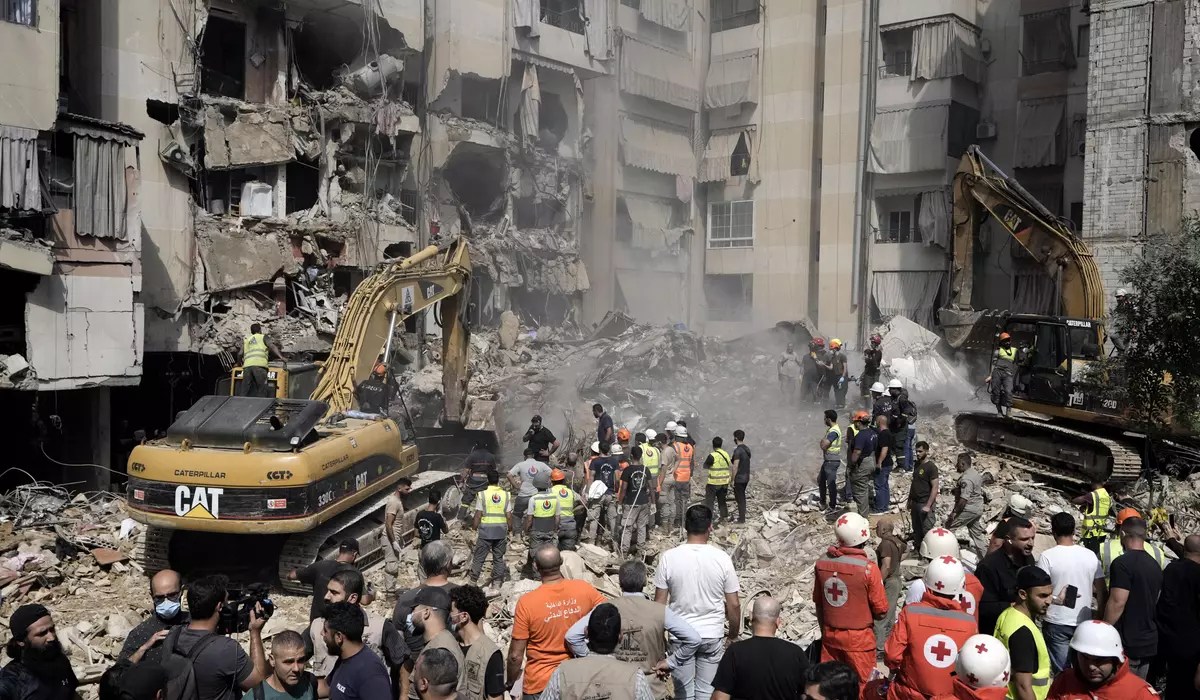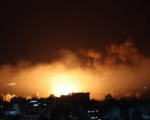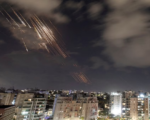Weakened and Infiltrated, Hezbollah Vows ‘Battle Without Limits’ Against Israel

A recent Israeli airstrike targeted a Hezbollah meeting in Beirut, killing 45 people, including women and children, along with 16 Hezbollah militants, including senior commanders. The attack marked one of the most significant blows to Hezbollah’s military structure in its over 40-year history, revealing a severe breach in its communication systems. Israeli infiltration of Hezbollah’s ranks enabled a series of devastating attacks, leaving the group weakened and sowing panic within its leadership.
Lebanese officials responded by increasing security measures, emphasizing the impact of Israeli infiltration. Hezbollah, known for its secrecy and military strength, now finds itself vulnerable as it faces a new phase in its long-standing conflict with Israel. The group initially engaged in limited confrontations with Israel to support Hamas but now finds itself in a much deeper conflict, with heavy losses and growing pressure to retaliate.
In a statement following the Israeli airstrike, Hezbollah’s deputy leader, Naim Qassem, declared an escalation, calling it “a battle without limits.” The group retaliated by launching one of its most forceful attacks in years, targeting an Israeli airbase and military industry site. While Israel has not confirmed all the strikes, the event signals a significant shift in the dynamics of the ongoing conflict. Hezbollah’s use of new medium-range missiles, the Fadi-1 and Fadi-2, indicates the group’s attempt to restore its deterrent power against Israel.
Despite the losses, Hezbollah’s leadership and supporters remain defiant. At a funeral for three fighters killed in the recent strike, mourners emphasized their continued loyalty to Hezbollah leader Hassan Nasrallah and the group’s cause, even in the face of severe setbacks. As both sides brace for further escalation, the unwritten rules of engagement between Hezbollah and Israel are being tested in unprecedented ways.





















